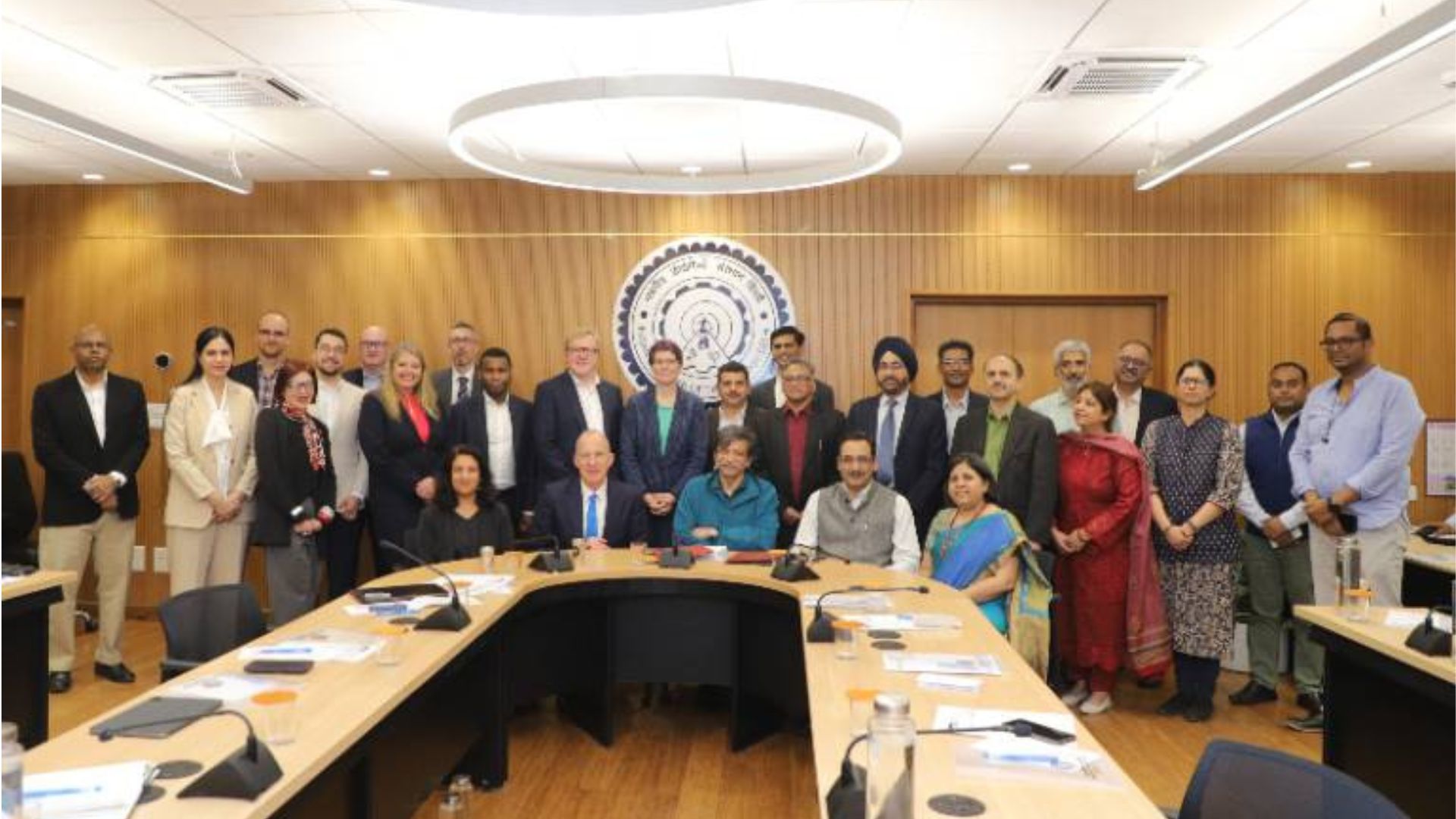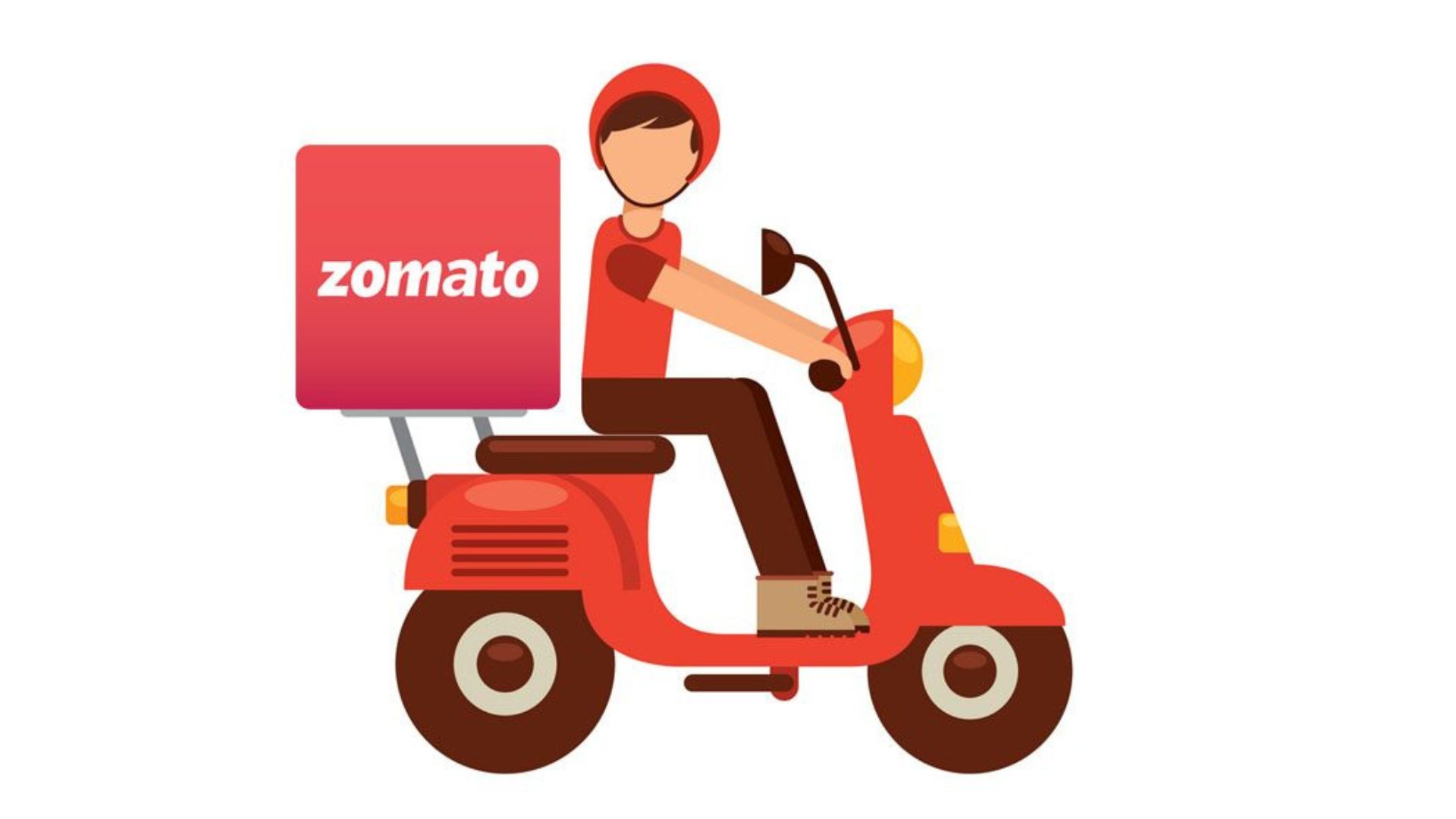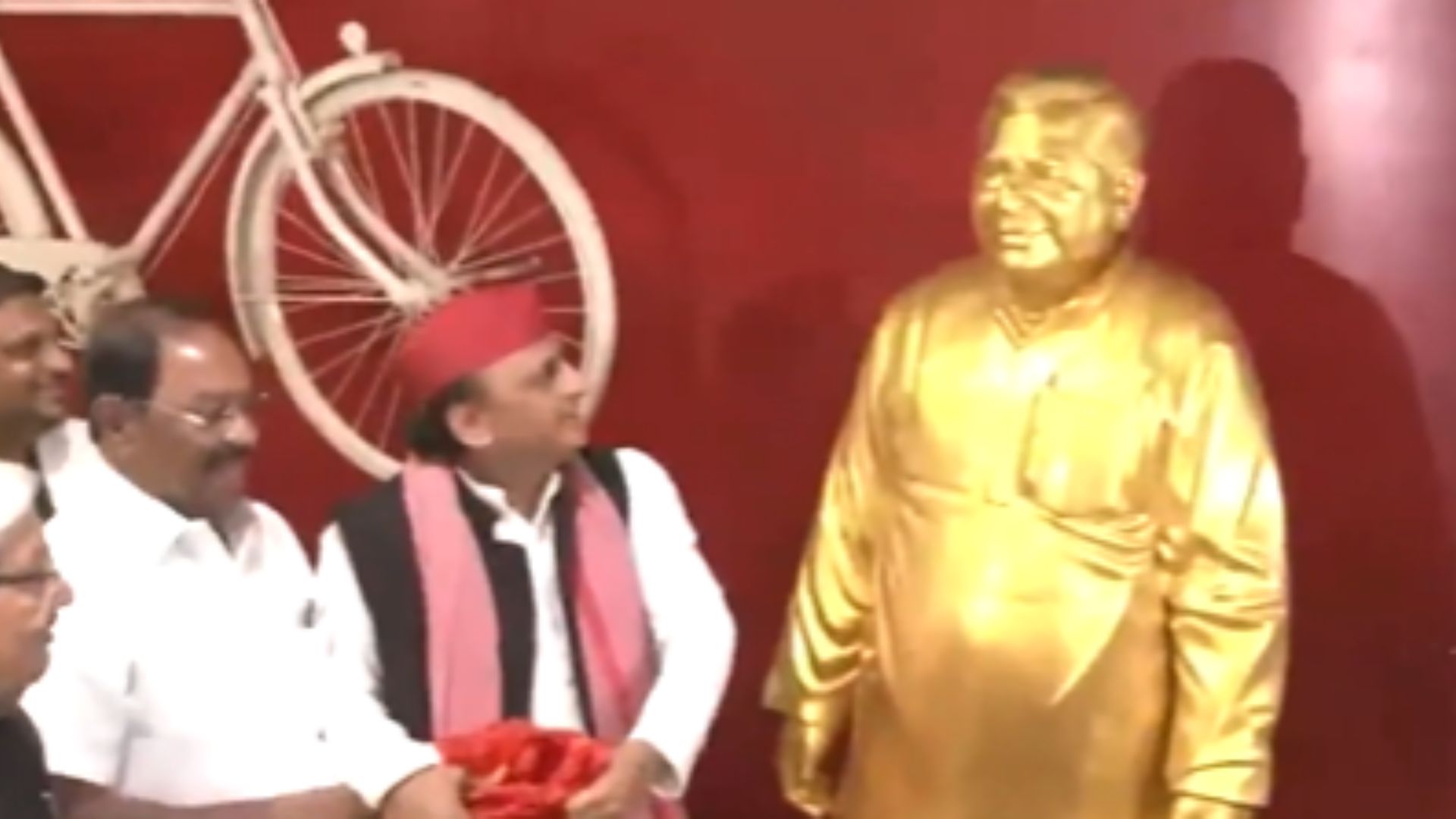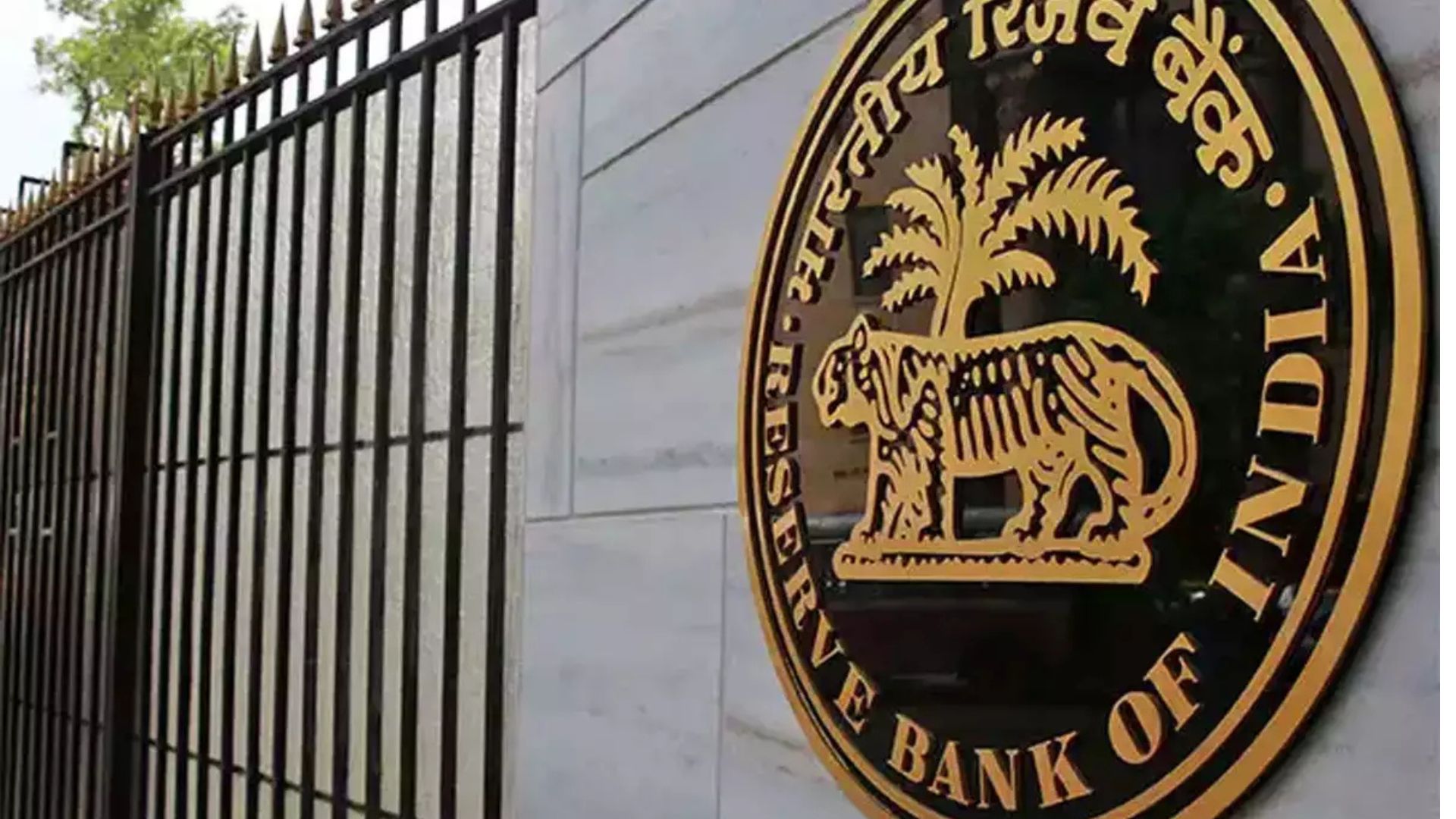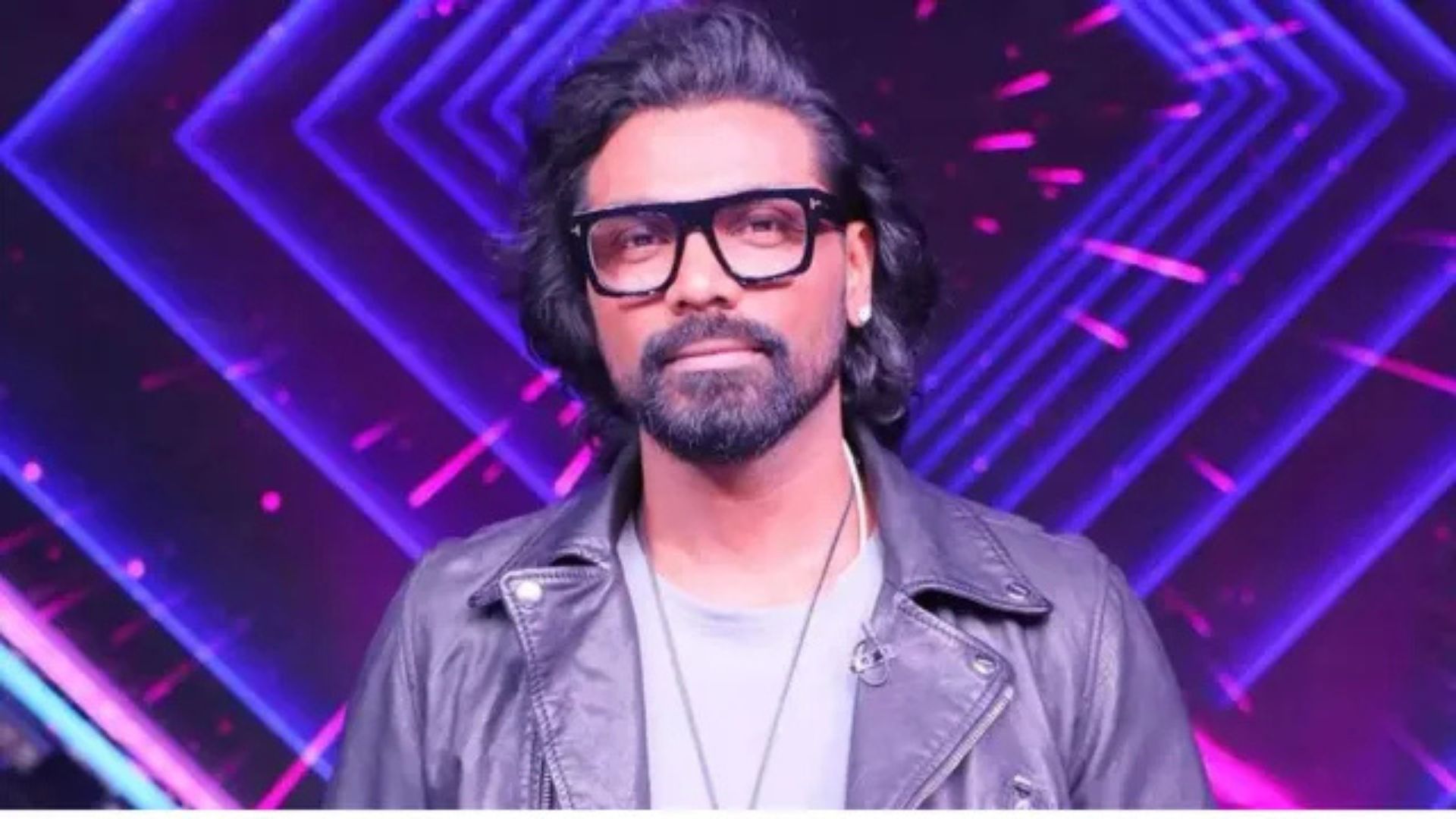
Prime Minister Narendra Modi has successfully formed his government for the third time, securing support from various allies. The manner in which he has allocated the ministerial portfolios suggests that PM Modi is operating without significant pressure from his coalition partners. Currently, it is evident that there is no external pressure from these allies. However, several challenges loom on the horizon.
One major challenge is the election of both the Speaker and the Deputy Speaker of the Lok Sabha. The opposition is expected to exert considerable pressure on this matter, which is likely to escalate political tensions. Additionally, selecting a new national president for the BJP has emerged as a significant challenge.
All the potential candidates who were previously considered for this role have now been appointed as ministers.Moreover, recent statements from Rashtriya Swayamsevak Sangh (RSS) chief Mohan Bhagwat and senior RSS leader Indresh Kumar have conveyed multiple messages to the Modi government. These statements indicate that the RSS intends to have substantial influence over the selection of the new BJP president this time around. It is now clear that the RSS will play a crucial role in this decision-making process. BJP is still looking for a president who can recharge the organization again.
Because there have been reports of the organization being indifferent from some states like Uttar Pradesh, Maharashtra, Rajasthan. If sources are to be believed, Rajasthan Chief Minister Bhajanlal Sharma has talked about the organization being indifferent in his report. In Rajasthan, BJP had to face defeat on 11 seats. Which proved to be a big setback for the party. Similarly, the reason for the defeat on many seats in Uttar Pradesh has come to the fore due to factionalism and inactivity of the organization. Many names are being considered for the BJP president. But this time Prime Minister Modi will not take any decision in a hurry. It is understood that after returning from Italy tour, the Prime Minister will first talk to the allies and decide on the Speaker of the Lok Sabha. Then the decision on the BJP president will be taken after discussing with the Sangh, because this time BJP will not be able to decide the president according to its own wishes. Till then JP Nadda can look after the work of the president. As far as the Speaker of the Lok Sabha is concerned, this time the attitude of the opposition has become more important than the own people. This time the number of opposition members in the Lok Sabha is around the BJP members. There is a difference of only seven seats. In 2014 and 2019, BJP got majority on its own. The number of its allies was also good. Whereas the opposition was in a very weak position.
A party like Congress was reduced to 44 and 52. This time Congress has won 99 seats. By including two independents, the number was increased to 101. SP, DMK and TMC have increased their numbers. In such a situation, the role of the Lok Sabha Speaker becomes very important. The opposition is encouraging the allies of BJP, but at the same time it is also eyeing the post of Deputy Speaker. Prime Minister Modi had made Thambi Durai of AIADMK the Deputy Speaker in his first term. At that time AIADMK was in a way with BJP.
In 2019, PM Modi kept this post vacant for the entire five years. But this time the opposition will not stake claim to it under any circumstances. This will be the challenge for the PM. ndications suggest that the BJP will retain the post of Speaker of the Lok Sabha. From the allies’ stance, it appears there is no deadlock on this matter. Within the BJP, names such as D. Purandeswari, Ravi Shankar Prasad, and Radha Mohan Singh are being considered for the Speaker’s role, with Om Birla also vying to return as Speaker. It is anticipated that the Speaker will be decided during the Lok Sabha session starting on June 24th, with all formalities completed by June 26th.
The real challenge lies with the post of Deputy Speaker. The Opposition, particularly the Congress, may demand this position in exchange for ensuring the smooth functioning of the House. Ultimately, it depends on the government’s discretion whether to allocate the Deputy Speaker post to the Opposition or to an ally. Given the Opposition’s current strength, the government might consider conceding this post to them. The Congress, adopting a confrontational stance, seems poised to seize any opportunity to create a deadlock in the House.
Meanwhile, the Opposition is persistently attempting to gain the support of independents and BJP allies. A TMC MP has even claimed that BJP MPs are in contact with him. These are the ongoing challenges that PM Modi will have to navigate.
